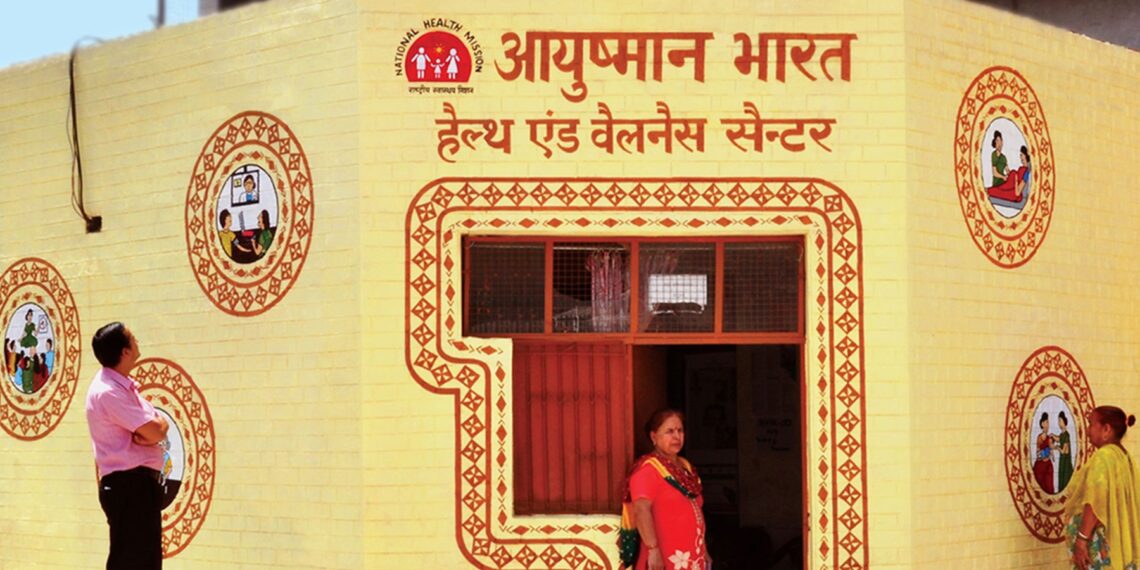GUWAHATI: Nagaland and Mizoram have not yet received a response from the Centre regarding their strong objections to renaming the Ayushman Bharat Health and Wellness Centres as Ayushman Arogya Mandirs (AAM).
The Centre’s decision to rename these centres is strongly opposed by northeastern states, citing concerns about potential negative reactions among their mostly Christian populations.
The initiative, which was communicated to all states and union territories in November 2023, aims to rebrand existing health centres under a new identity with the tagline “Arogyam Parmam Dhanam” (health is the greatest wealth).
In January 2024, Mizoram’s Principal Secretary, Esther Lal Ruatkimi, expressed concerns in a letter to the Union Health Secretary, highlighting Mizoram’s status as a Christian-majority state where over 90% of the population identifies as Christian.
“It is felt that in order to maintain public support for health promotion activities, renaming the Health and Wellness Centres as Ayushman Arogya Mandir may lead to adverse sentiments among the populace towards the government,” she wrote, requesting an exemption for Mizoram from this renaming process.
Despite repeated follow-ups, including another letter in February 2024, Mizoram has yet to receive a response from the Centre.
Similarly, in March 2024, V Kezo, the Commissioner and Secretary of Health and Family Welfare in Nagaland, conveyed concerns that the renaming could provoke strong objections from the Church and civil societies in the state.
The resistance from Mizoram and Nagaland underscores the sensitivity surrounding religious sentiments in the region, where Christianity holds significant cultural and social influence.
The central government’s renaming initiative, intended to streamline branding and communication under Ayushman Bharat, a flagship healthcare scheme, now faces challenges in accommodating diverse cultural and religious contexts across the country.
Efforts to reconcile these concerns and achieve consensus between the Centre and the Northeastern states are ongoing, with stakeholders highlighting the importance of maintaining harmony and public trust in healthcare initiatives.















